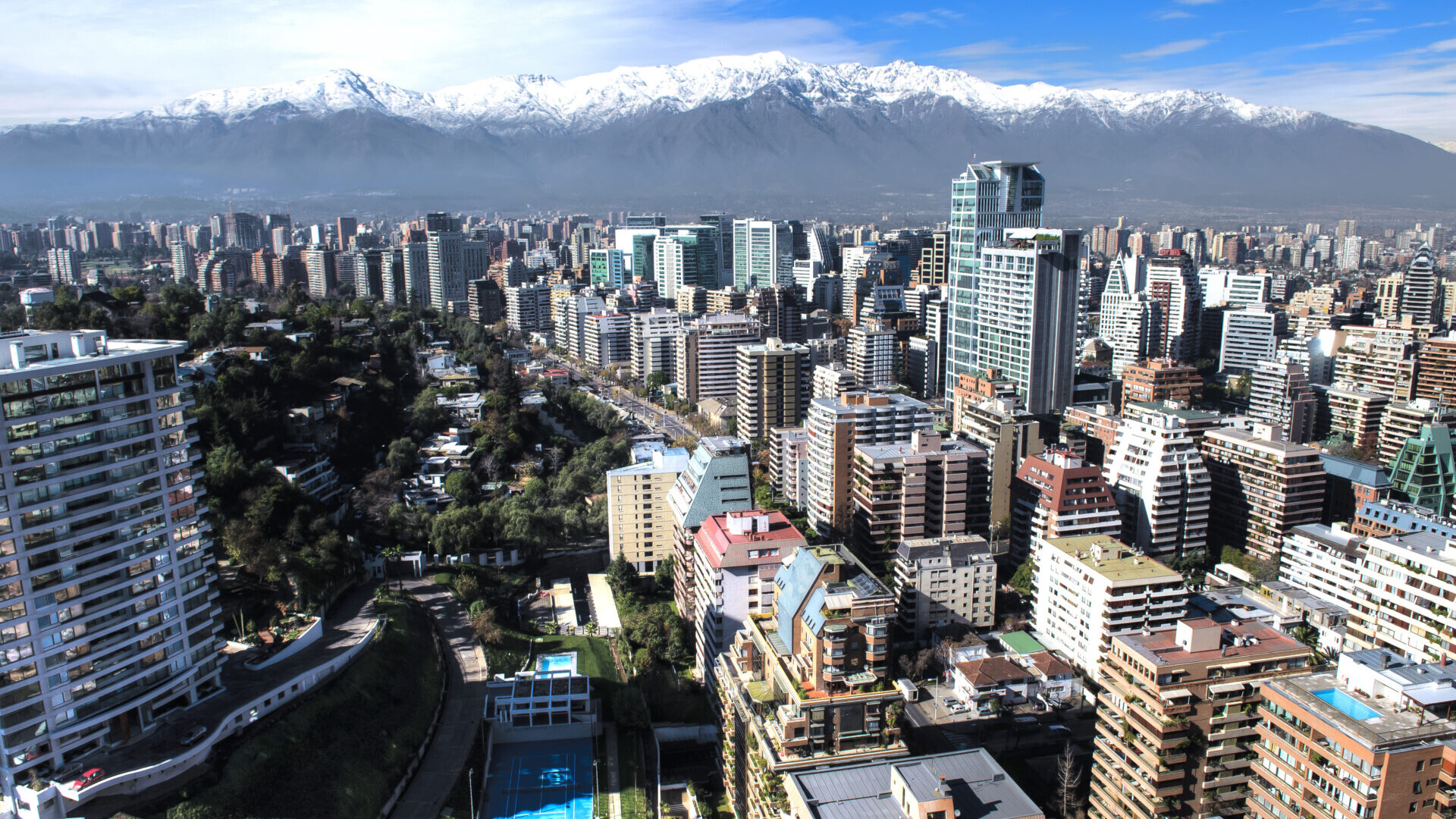Why Investors Shouldn't Worry About Chilean Politics in 2021
This year Chile voted overwhelmingly in favour of re-writing the dictatorship-era constitution with more political challenges to be overcome in the year ahead. Yet the outlook for investors remains positive...

Chile appears to be heading towards a period of political turmoil, accompanied by economic strength. It’s a credit to Chile’s institutional solidity that the sometimes-violent protests of October 2019 have now been channelled into a peaceful, democratic process. The result of the October 2020 referendum was never in doubt, but the margin of victory was greater than expected with 78% voting in favour of a new constitution.
Political divisions
For investors that vote signals the start of a two-year period of political uncertainty in a country once renowned for its stability. In April 2021 elections will be held to pick the 155 representatives of the new Constitutional Assembly. That body will have up to a year to draft a new constitution, which will then need to be ratified with another national referendum. The two years of constitutional wrangling will culminate with a conventional presidential election in 2022.
"The steady stream of referendums and elections will accentuate the already visible divisions within both coalitions…"
The uncertainty will be exacerbated by the nature of Chile’s political system. The government is made up of a coalition of right-wing parties, while the opposition is a broad alliance of left-wing groups. The steady stream of referendums and elections will accentuate the already visible divisions within both coalitions, says Nicholas Watson, from risk advisory firm, Teneo.
Economic strength
In economic terms the upshot of the protest movement, the new constitution and the populist pressure forming on whoever wins the 2022 election, will be higher public spending. Piñera is now clearly a lame duck president, which means he will struggle to reject populist financial legislation proposed by the opposition congress before an election. For example, new laws that allow pension holders to withdraw lump sums from their scheme long before the retirement date. “The government plans to keep public spending high in 2021, at 12% above its 2019 level”, notes William Jackson, from consultancy, Capital Economics. “Policymakers are clearly wary of another wave of protests, as the government projects that its spending will stay high and its debt will rise relative to GDP in the coming years.”
But investors needn’t worry, as Chile’s hard-won macroeconomic strengths means that the country can afford to loosen the purse strings. “Chile’s public debt isn’t a major concern, and slightly higher bond yields won’t derail the recovery”, says Jackson. “Overall, after a 6.3% fall this year, we think that Chile’s GDP will grow by 8% in 2021 and 3% in 2022.” Chile’s newfound political uncertainty may unsettle investors but ultimately but if it helps put the country on a sounder social footing it makes the economic success more sustainable.